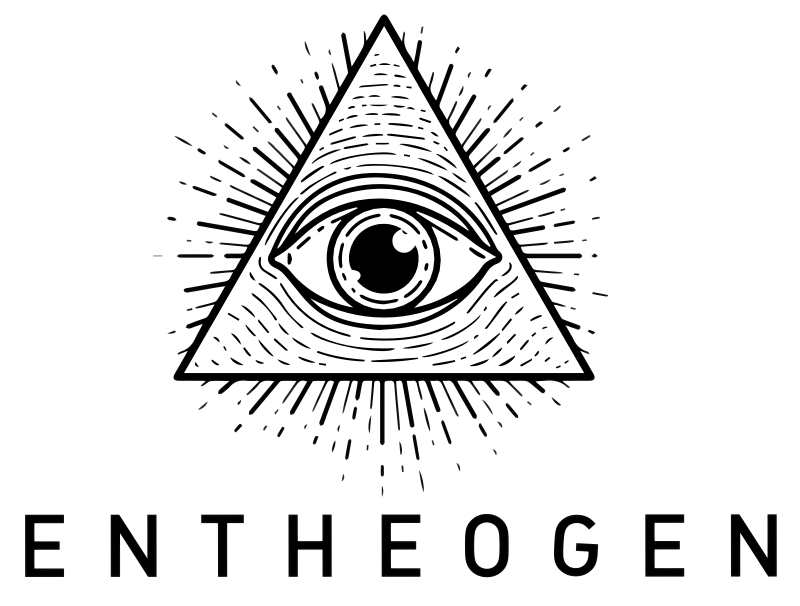This is Entheogen. Talk about tools for generating the divine within.
Today is December 9, 2015 and we are very excited to feature a special interview. This is the first half.
It is our great pleasure and honor to welcome Earth and Fire Erowid!
For context, Joe reads a quote from Michael Horowitz, personal archivist for Timothy Leary:
“Powerful descriptive writing about personal drug experiences mimics the effects of the drugs themselves. Reading Aleister Crowley on how hashish aided his meditation, or Mezz Mezzrow on playing in a jazz band on marijuana, or Gordon and Valentina Wasson’s otherworldly mushroom journey in a curandera’s hut in Mexico, or Anais Nin describing how LSD turned her body into liquid gold can be mildly psychoactive in itself. Especially so if you’d had your own prior experiences. We also collected books and studied the rituals of the peyote and mushroom cults, the history of the opium wars and laughing gas parties. We learned that drug literature is endless, and drug-taking was one of the earliest and most common activities of mankind.” - Michael Horowitz, from an interview about the Tim Leary Archives
Topics:
- What role did the “mildly psychoactive” effect Horowitz attributed to some drug literature play in the founding of Erowid?
- Feeling it before taking it – hours (or days) before
- Imagination, memory, DMT, neurotransmitters, hallucinations
- lucid dreaming
- Oneirogens (dream generators); list of Oneirogenic substances on Wikipedia
- dream pillows
- Calea zacatechichi (the "dream herb")
- the physical expression of one’s intention, e.g. the taking of a substance, can be just as powerful as the substance itself
- What is it like having a New Yorker reporter in your home for three days?
- Reflecting on Emily Witt’s profile of Erowid from inside the mirrored bubble
- Kevin preaches: “drug education about marijuana was the gateway drug itself”
- What could responsible drug education in school look like? Abstinence, fear-based approaches are the norm. What could be the alternatives for young people?
- Earth introduces the concept of electroceuticals
- Brad is hopeful about the psychedelic research renaissance
- Special thanks to Earth and Fire Erowid for their tireless efforts for over 20 years, and huge thanks to Erowid’s noble crew
- Erowid Experience Vaults: edited, curated alternative to “wild west” internet forums like bluelight.org; other contemporaries: lycaeum.org, deoxy.org
- statistics about trip reports submitted, triaged, reviewed, and posted
- Earth clarifies something in the New Yorker article: “we are in fact ‘the weirdos among the straights and the straights among the weirdos’.”
- Fire live-edits the Entheogens page on Erowid to add LSD after our observation
- corrections@erowid.org
FOLLOWUP FROM PREVIOUS EPISODE OF ENTHEOGEN, HONORING THE 20TH ANNIVERSARY OF EROWID:
- Earth and Fire helped 17 year-old Brad avoid jail time
- Earth and Fire helped Kevin get through high school and college
- Joe got Erowid blocked from the network at his corporate job
SUPPORT EROWID!
- Donate money, choose a gift
- Become a member or monthly supporter, receive the excellent and beautifully designed Erowid Extracts newsletter
- Donate your books, used or new
- Volunteer to triage experience reports or for other projects, e.g. foreign language help
